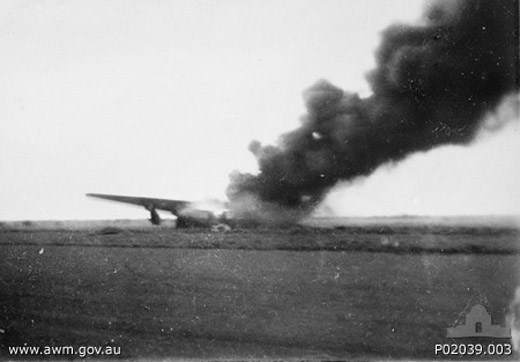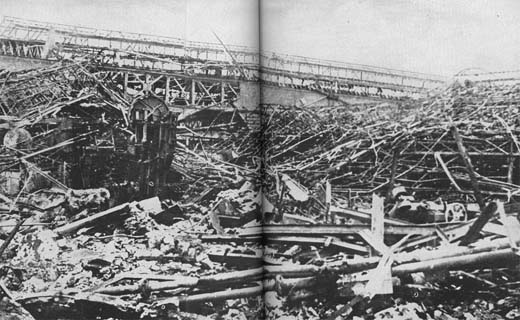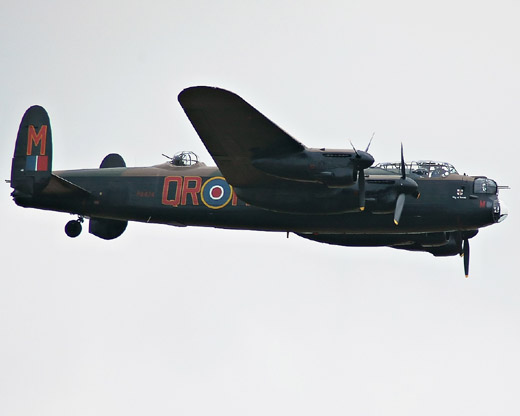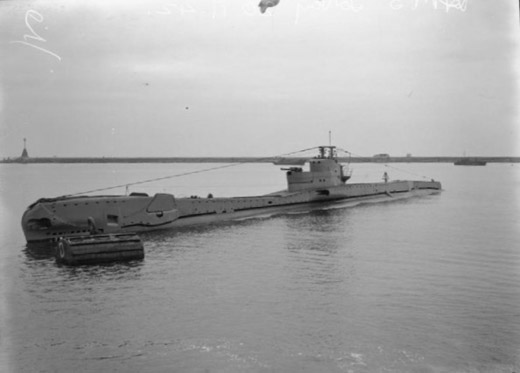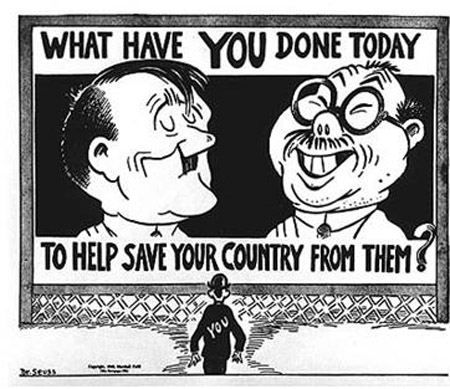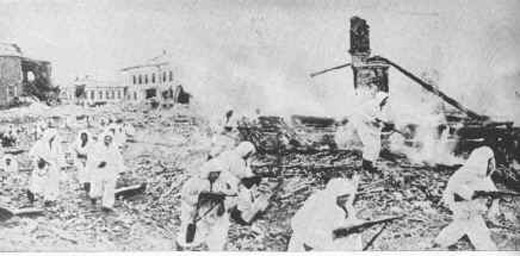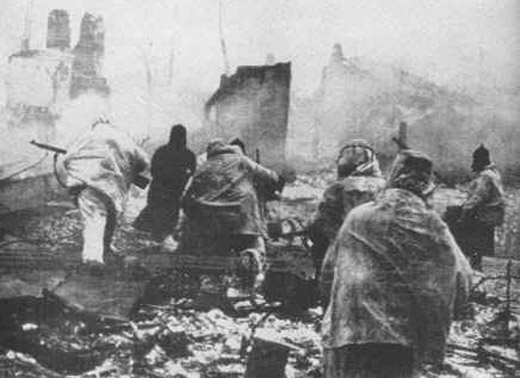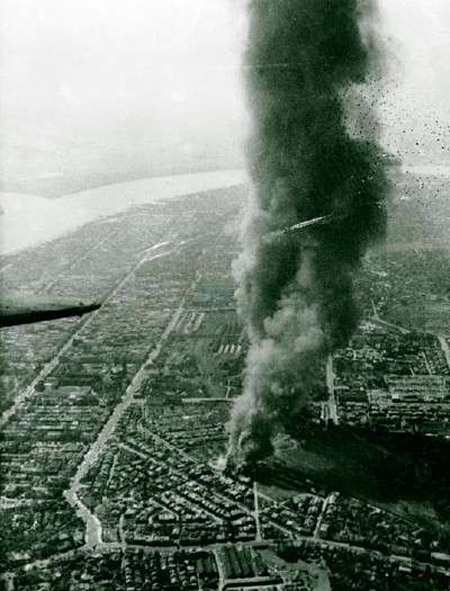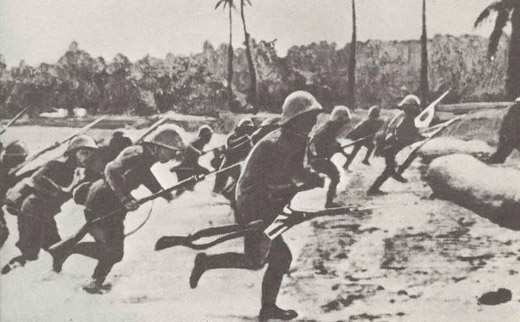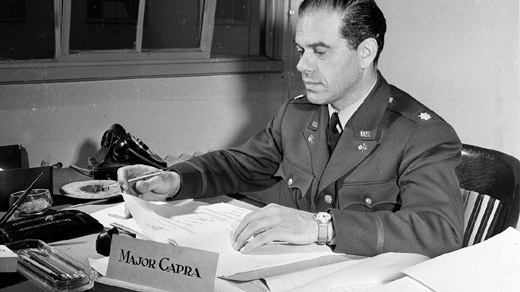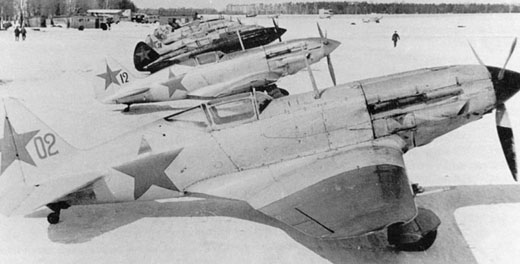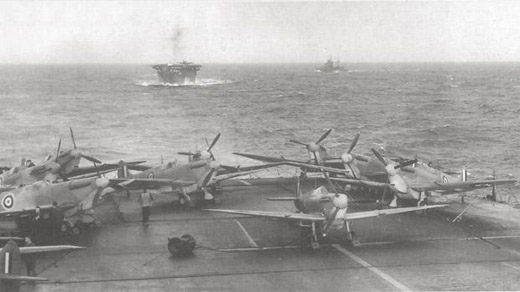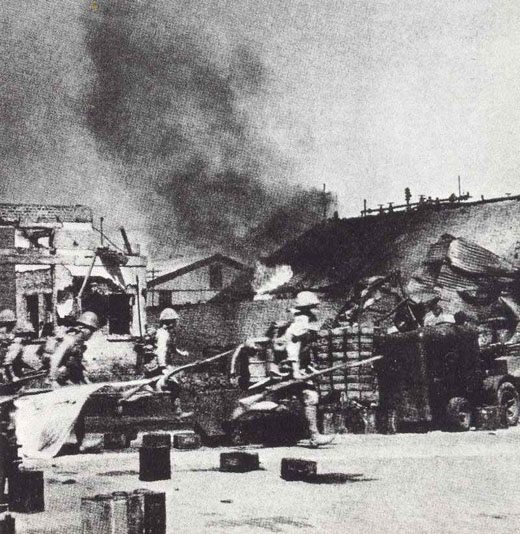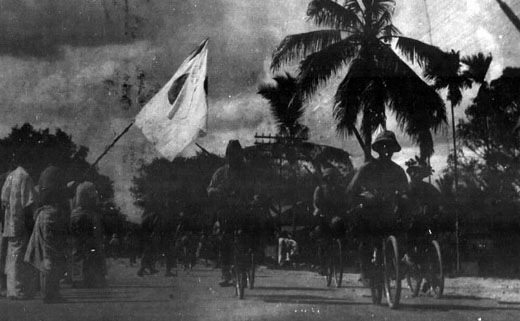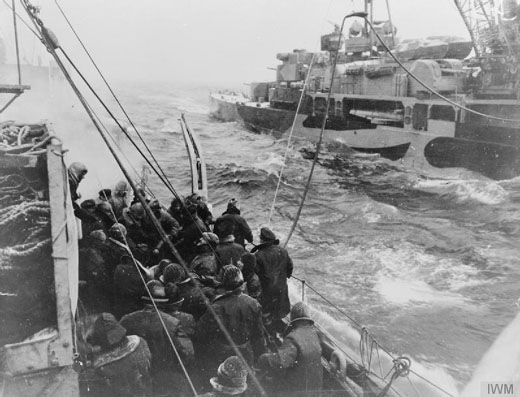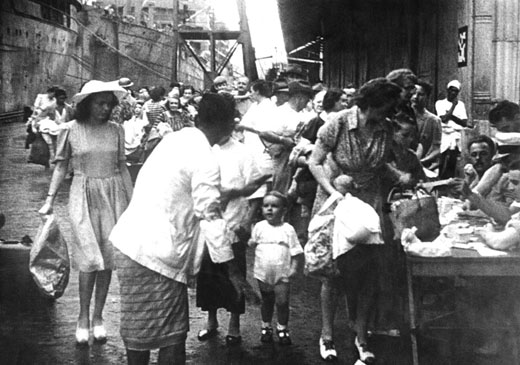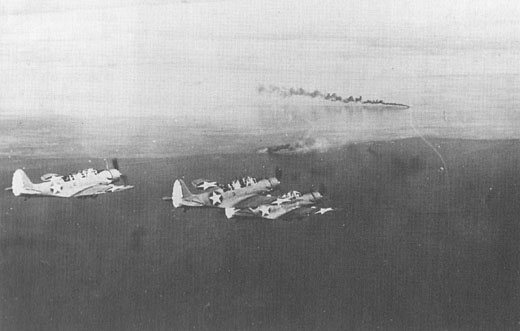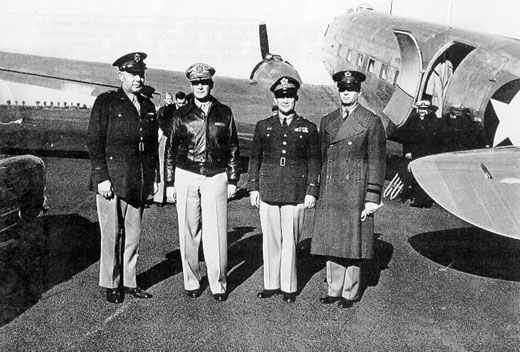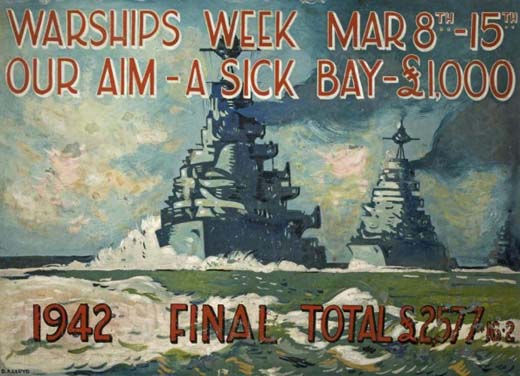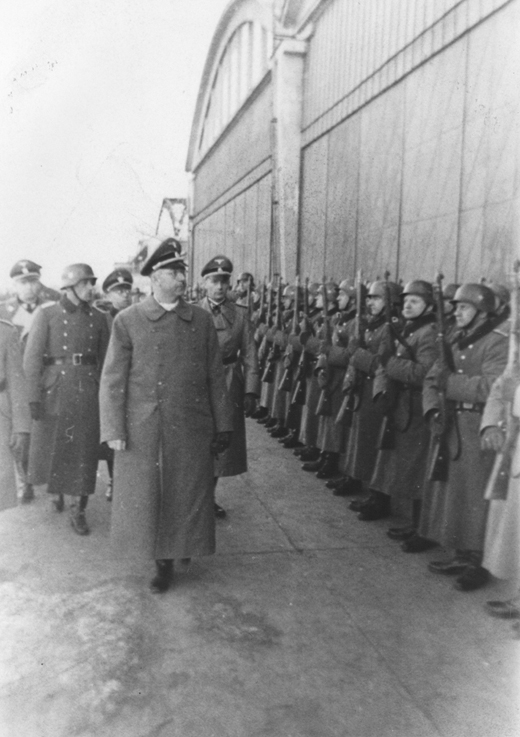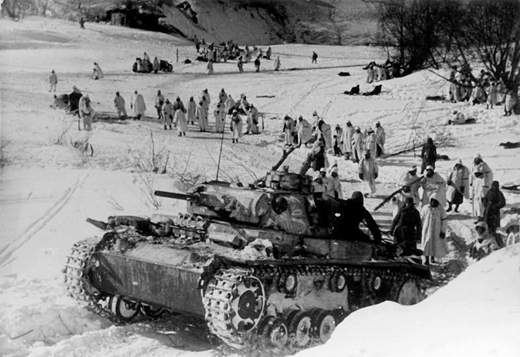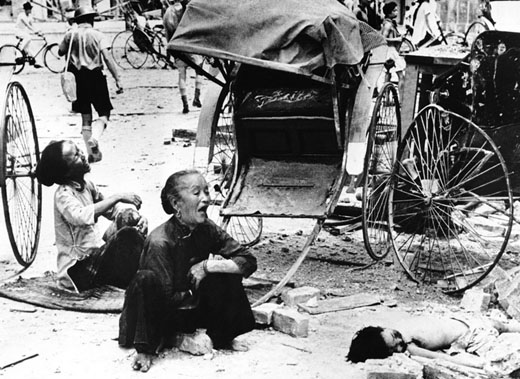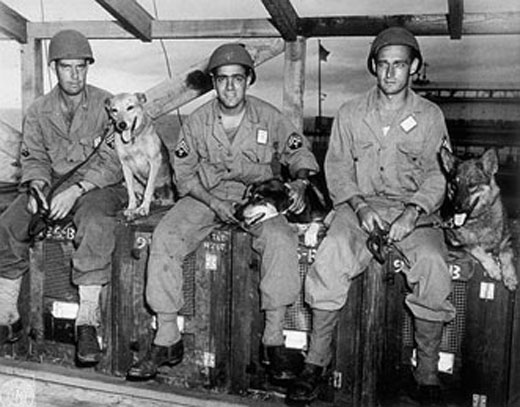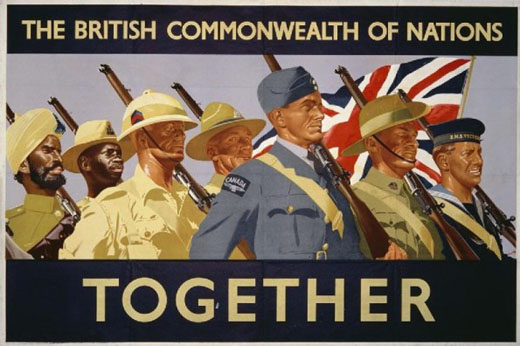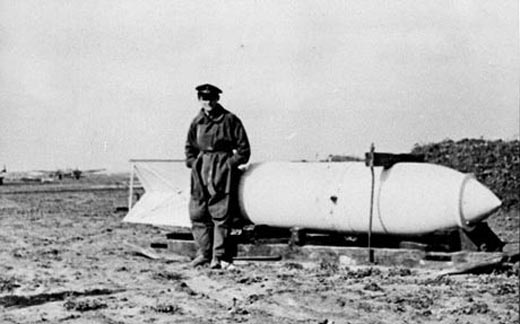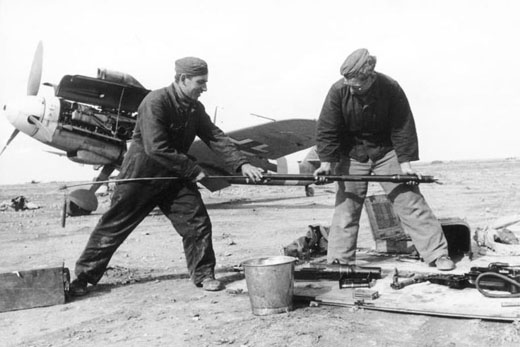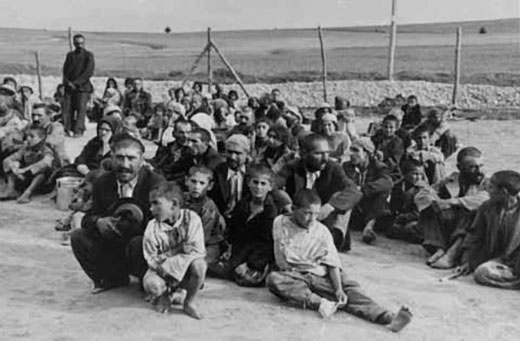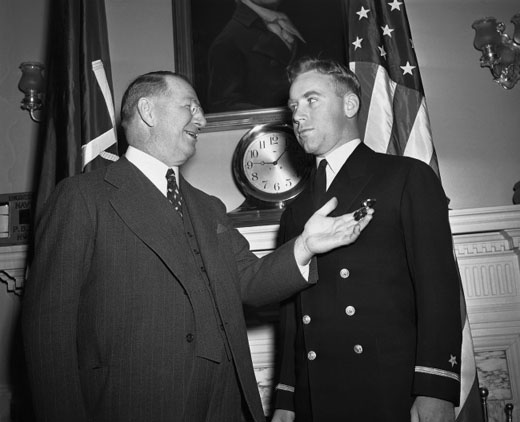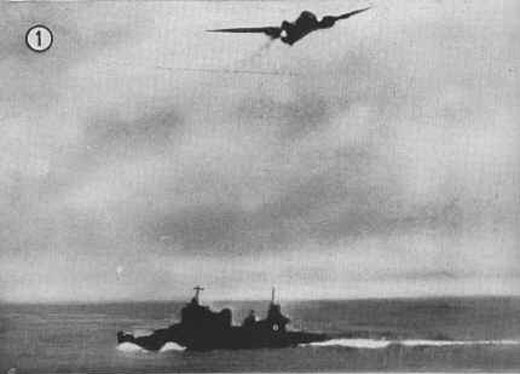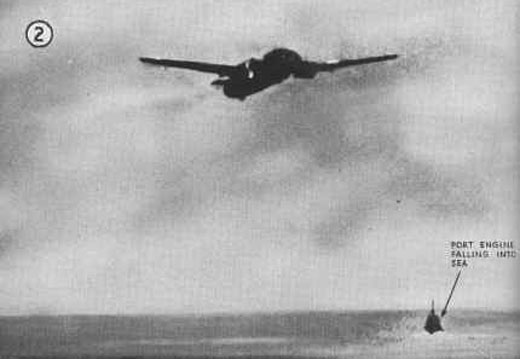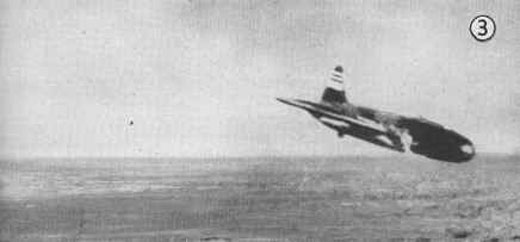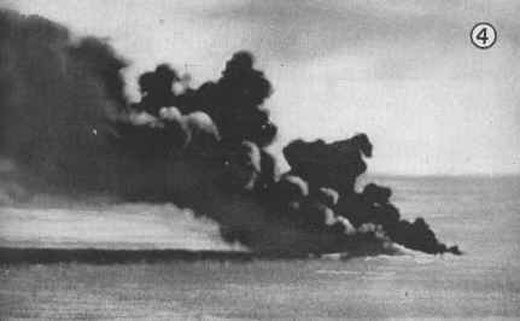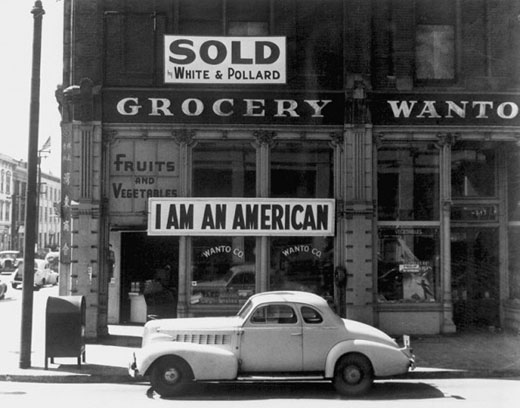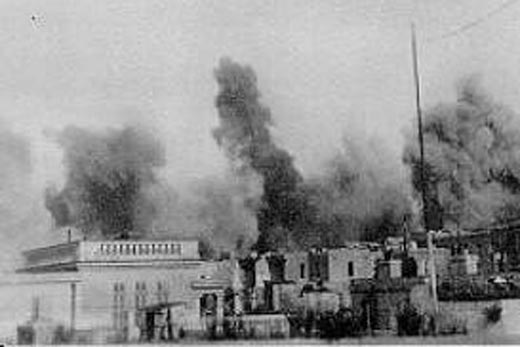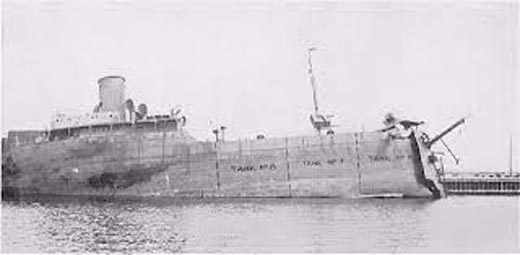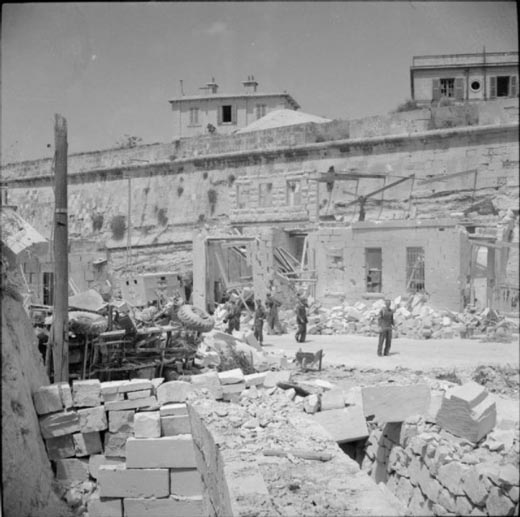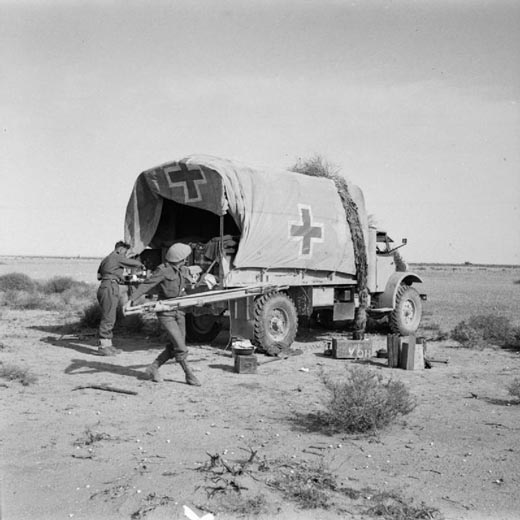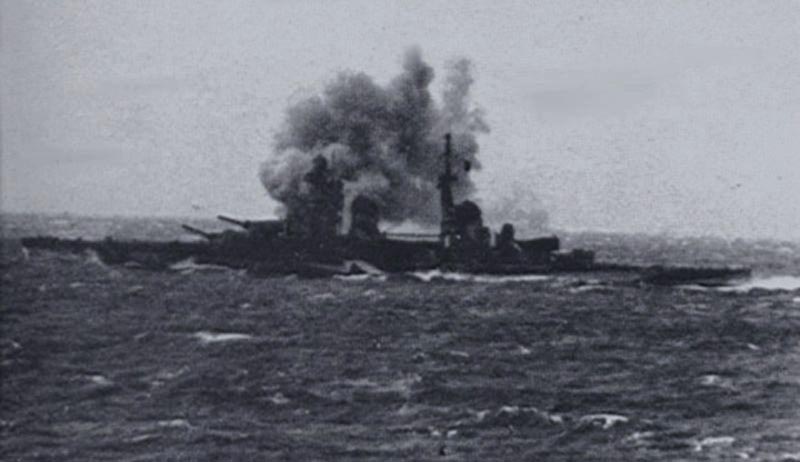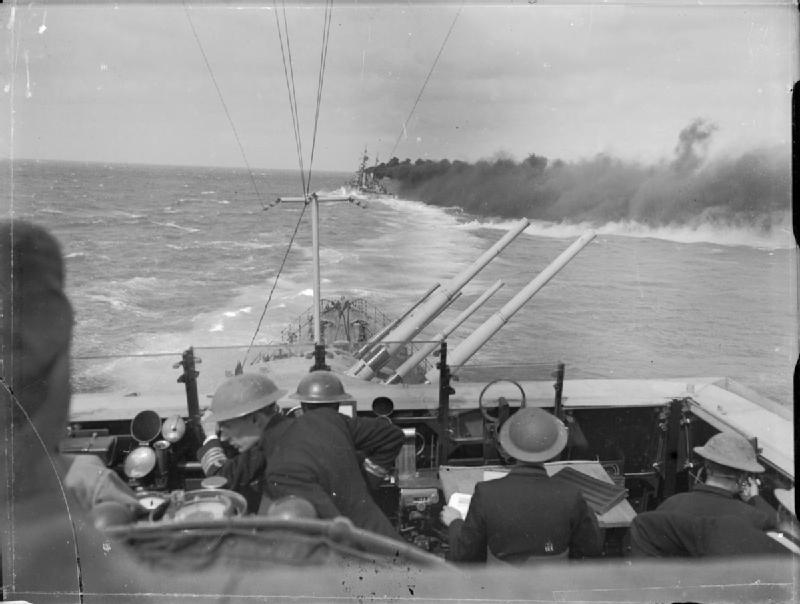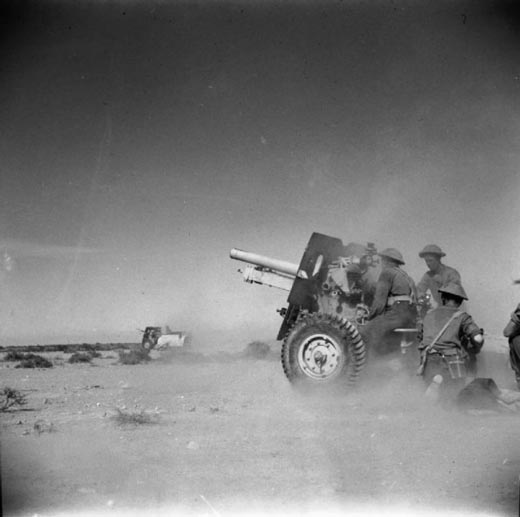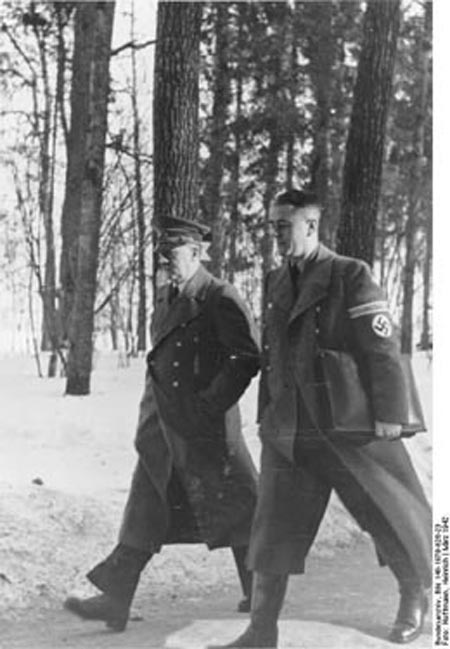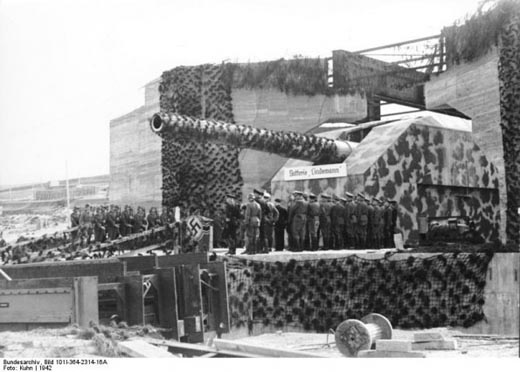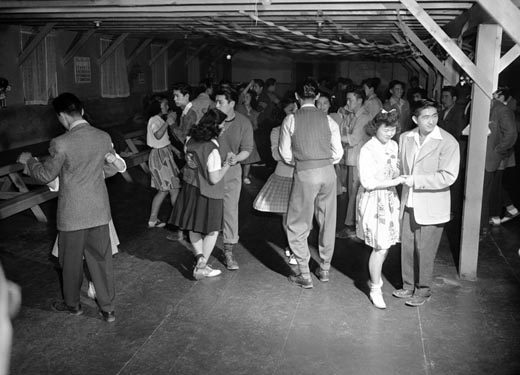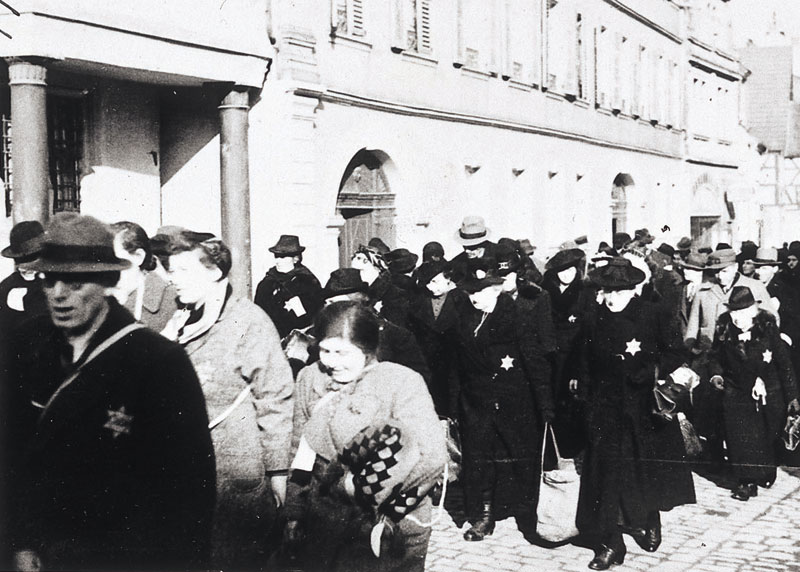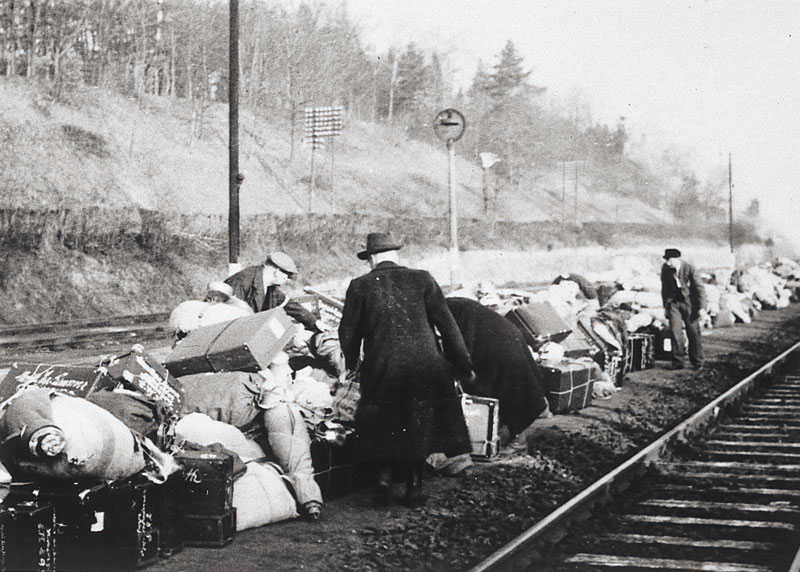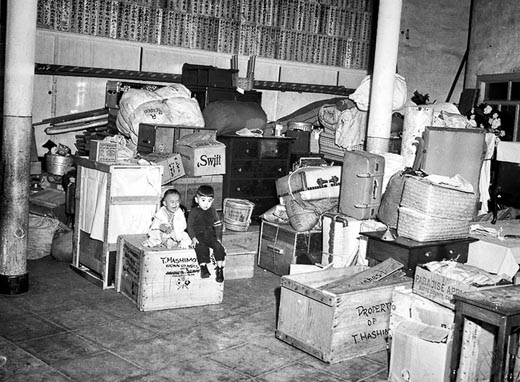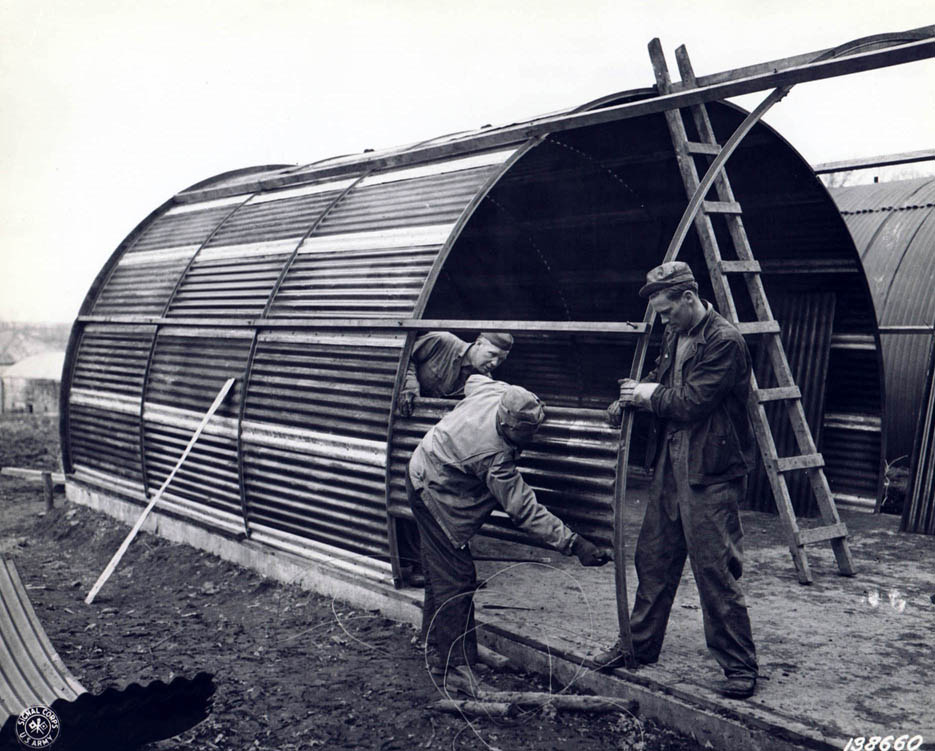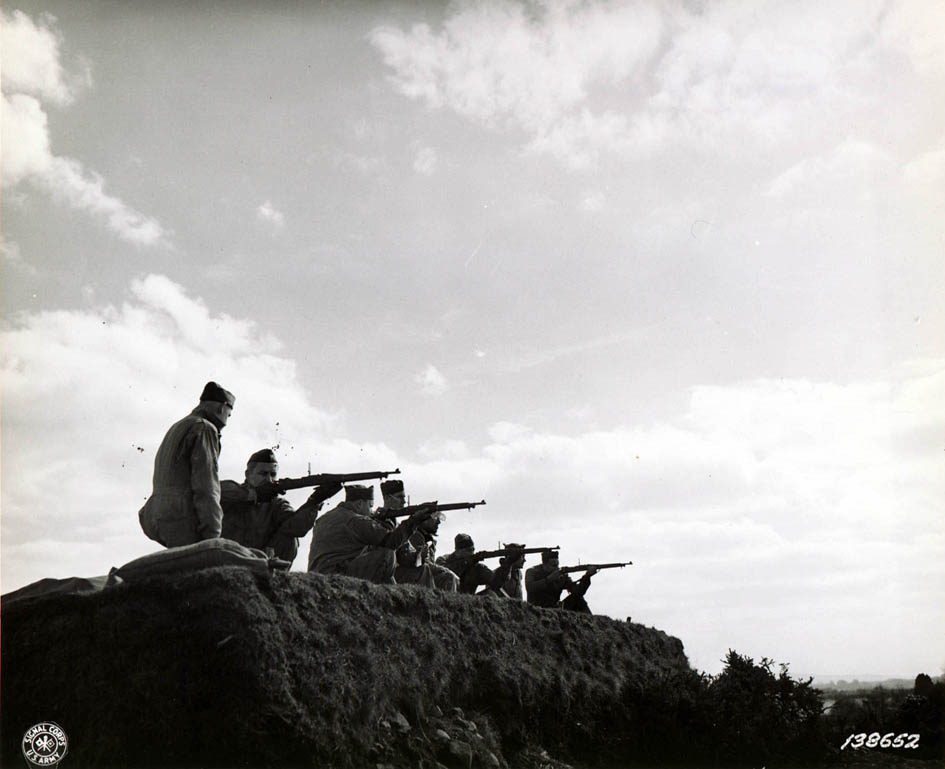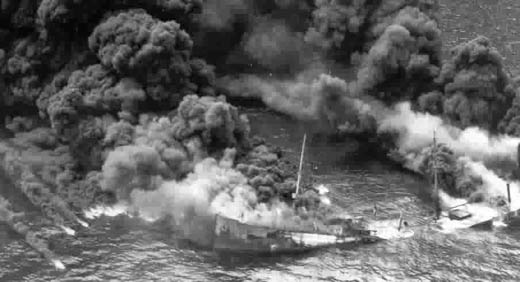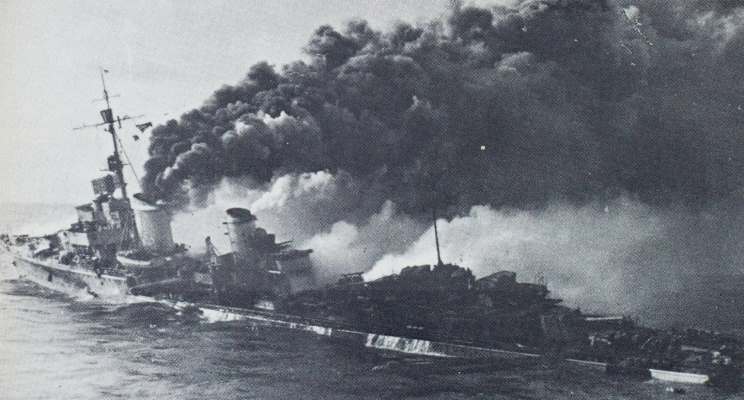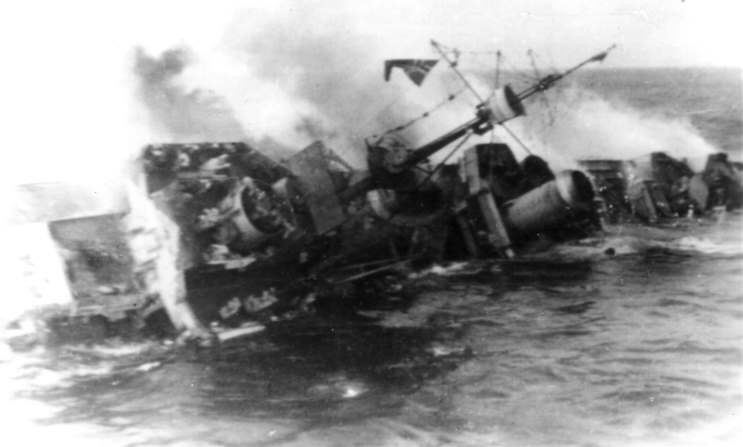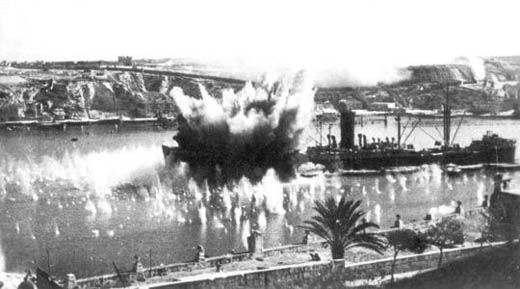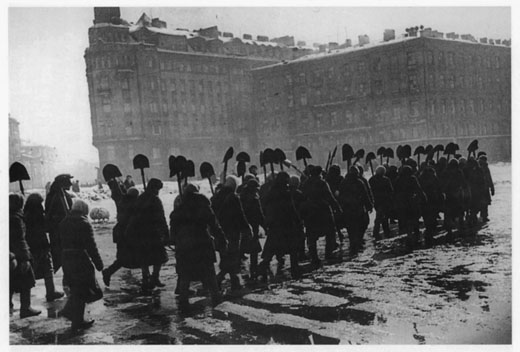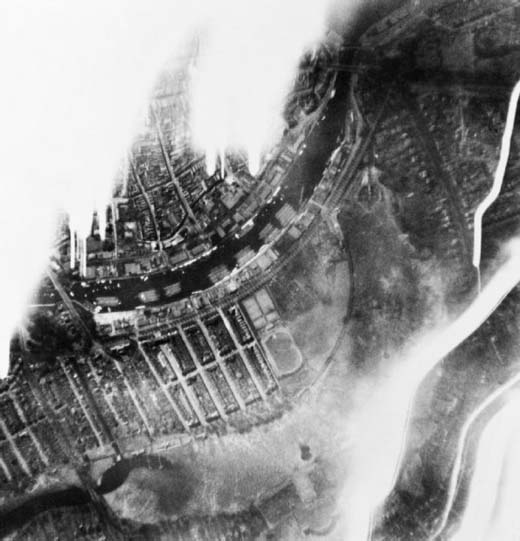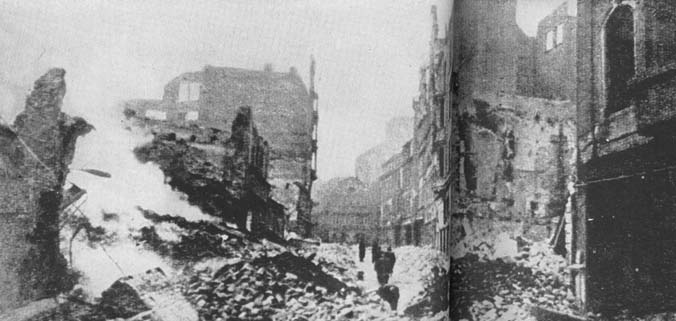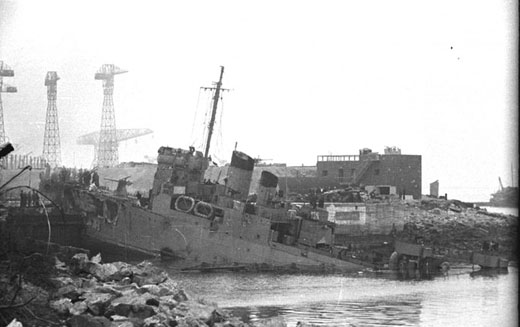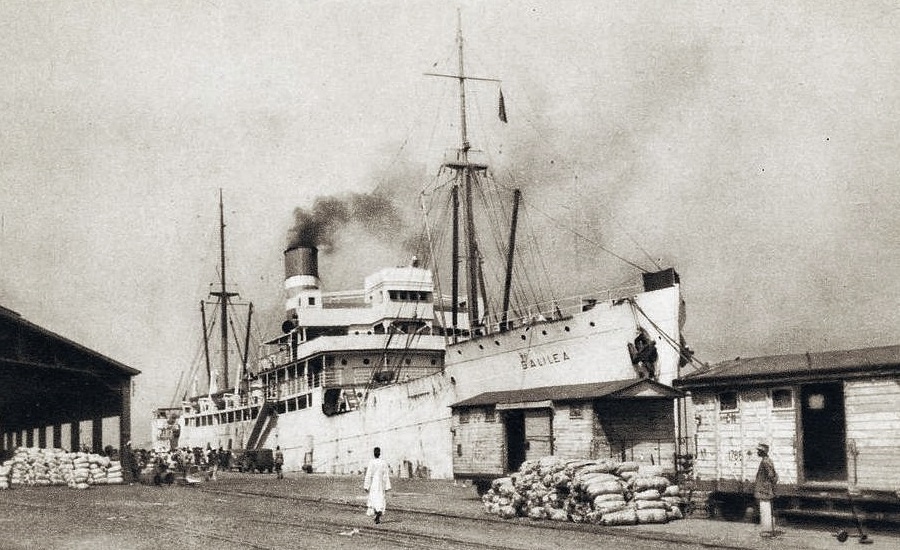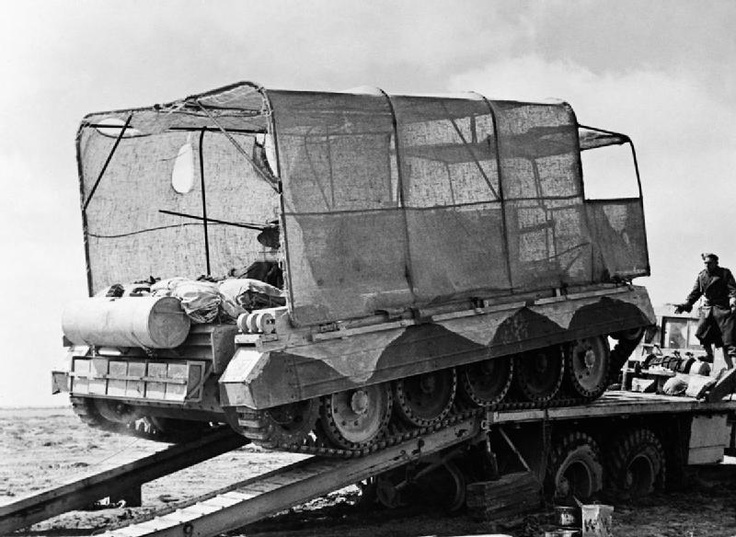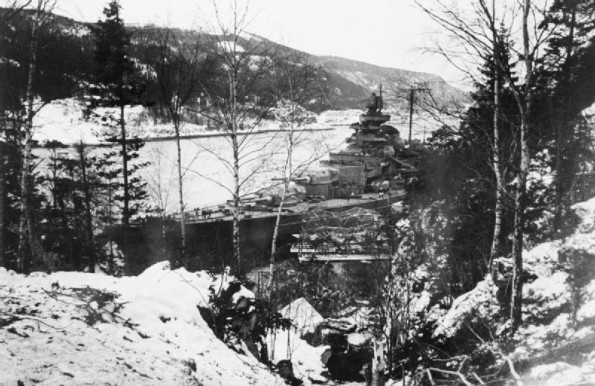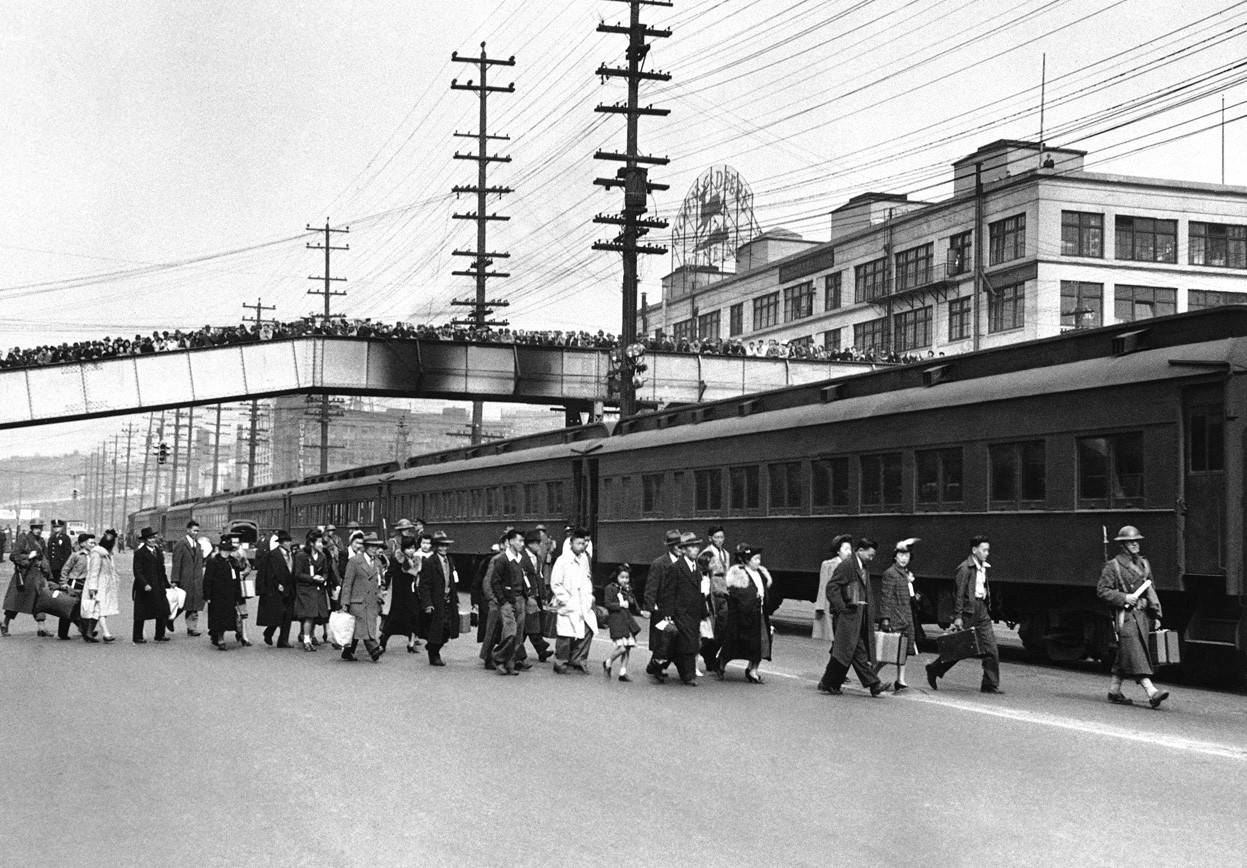Air Operations, Mediterranean
There are severe raids on Malta by Axis aircraft while the RAF make a night raid on Tripoli.
[Battle of Sunda Strait
After the Battle of the Java Sea, Allied vessels heading for the Sunda Strait are attacked by Japanese naval forces. The British heavy cruiser Exeter, the destroyer Encounter and a Dutch destroyer are sunk in the action. The destroyer Pope (DD-225) is sunk by a dive bomber and surface gunfire. Only a handful of Allied vessels manage to slip through the Bali Strait, all that remained of what only three months before had been a formidable force. The Japanese could now move with virtual impunity throughout the southwest Pacific area.
For the next week the Japanese wreak havoc among Allied shipping around Java. The US cruiser Houston (CA-30), the Australian cruiser Perth, 2 American destroyers, the Edsall (DD-219) and the Pillsbury (DD-227), and 1 tanker, the Pecos (AO-6) carrying survivors from the Langley (AV-3), are sunk by Japanese gunfire and torpedoes south of Christmas Island. 1 British destroyer, the Stronghold and 1 Dutch destroyers are also lost. The Japanese lose only 4 transports: Ryuho Maru, Tatsuno Maru, Sakura Maru and Horai Maru.
Allied Ships Under Attack |
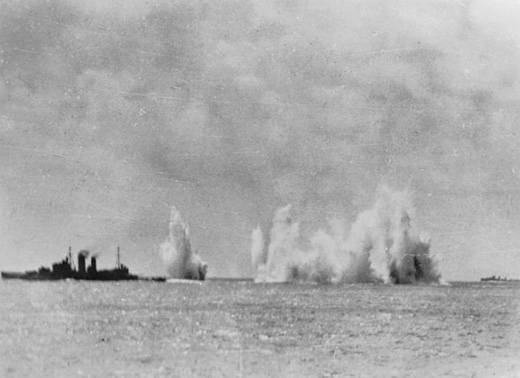 |
Battle of the Atlantic
U-656 is sunk by a Catalina of US Navy patrol squadron VP-82 with the loss of her entire crew.
| Class | Type VIIC |
| CO | Kapitänleutnant Ernst Kröning |
| Location | Atlantic, S of Cape Race |
| Cause | Air attack |
| Casualties | 45 |
| Survivors | None |
Burma
The Burmese 1st Division covers the concentratoin of the Chinese 5th Army in the Toungoo area. The 200th Division of the army, which is already disposed in this area, regains Nyaunglebin and Pyuntaza on the Rangoon-Mandalay road. Gen Wavell arrives in Burma and orders Rangoon to be held as long as possible, at least until reinforcments en route (63rd Brigade Group) arrive. The Indian 17th Division returns to Waw, which is to be defended.
[Dutch East Indies
Since they have virtually eliminated the Allied fleet and have destroyed all the Dutch and British aircraft on the ground, the Japanese occupy Java at great speed with landings at Kragan, Merak and Eretenwetan. All Allied ships in the island's harbors leave to take refuge in Australia, but these ships along with the rest of Adm Doorman's squadron run into a Japanese force in the Sunda Strait. For the next week the Japanese wreak havoc among Allied shipping around Java. The US cruiser Houston (CA-30), the Australian cruiser Perth, 2 American destroyers, the Edsall (DD-219) and the Pillsbury (DD-227), and 1 tanker, the Pecos (AO-6) carrying survivors from the Langley (AV-3), are sunk by Japanese gunfire and torpedoes south of Christmas Island. 1 British destroyer, the Stronghold and 1 Dutch destroyer are also lost. The Japanese lose only 4 transports.
[Eastern Front
A new Soviet push begins in the Crimea attacking German positions near Kerch and Sevastopol. The Germans still cannot free the II Corps of the 16th Army from encirclement where they are cut off southeast of Staraya Russa. In a staff analysis Gen Halder estimates that German losses in the war with the USSR have reached 1,500,000 or about 31% of all effectives. 202,257 have been killed, 112,617 have been severly frostbitten and 46,511 are missing. Figures released two weeks later are much lower than these.
[Indian Ocean
The Indian minesweeping trawler Sophie Marie sinks on a mine at the south entrance to MacPherson Strait, Nicobars with the loss of 2 crewmen.
[Malta
Heavy bombing by the Axis continues.
[Mediterranean
The British submarine Unbeaten sinks the French tanker PLM-25 off Misurata, Libya.
[Philippines
During two months of fighting on Luzon, the Japanese have lost 2,700 men killed in action and nearly 7,000 wounded.
USAFFE Headquarters, Malinta Tunnel |
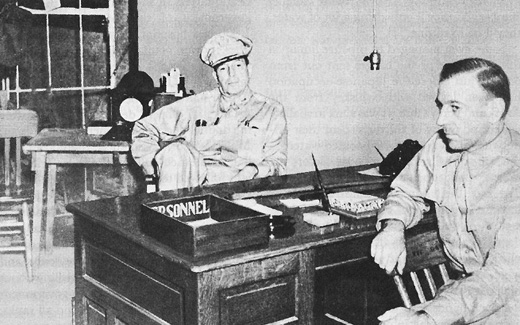 |
United States, Command
The US War and Navy Departments announce that Maj-Gen Walter Short and Rear-Adm Husband Kimmel, commanding US forces at Pearl Harbor on Dec 7, will be court-martialled on charges of dereliction of duty.
[United States, Home Front
Cornelius Vanderbilt III, multi-millioinaire railway magnate, inventor and soldier, dies at the age of 68.
Food Rationing Begins in the US |
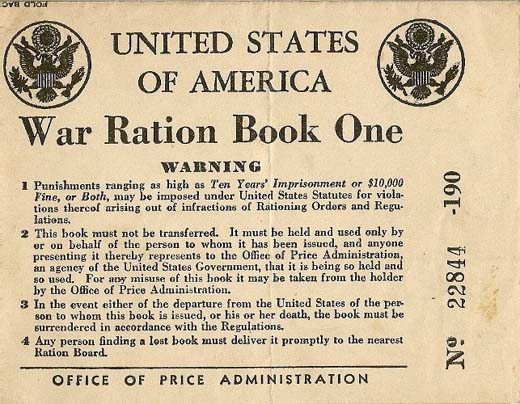 |
On this day in 1942, the Office of Price Administration began to enforce food rationing. World War II was a total war, meaning that the entire country had to mobilize to stop the Axis threat. An American military that numbered only 630,000 in 1939 had to fill its ranks quickly. This meant that production of weapons, uniforms, and food had to increase to equip, train, and feed the growing military. As soldiers arrived overseas, they were dependent upon shipments from back home to keep them supplied. In order for the soldiers to remain well supplied, those on the home front had to conserve what they could.
Food was in short supply for a variety of reasons: much of the processed and canned foods was reserved for shipping overseas to our military and our Allies; transportation of fresh foods was limited due to gasoline and tire rationing and the priority of transporting soldiers and war supplies instead of food; imported foods, like coffee and sugar, was limited due to restrictions on importing.
Notably, fresh fruit and vegetables were not initially rationed, and in fact, one of the key goals of rationing was to get Americans to cook more with fresh produce while using canned goods for those overseas. Many Americans began planting Victory Gardens, growing their own fruits and vegetables out of both necessity and patriotism. Canning at home was greatly encouraged because it would not count towards ration points.
Because of these shortages, the US government�s Office of Price Administration established a system of rationing that would more fairly distribute foods that were in short supply. Every American was issued a series of ration books during the war. The ration books contained removable stamps good for certain rationed items, like sugar, meat, cooking oil, and canned goods. A person could not buy a rationed item without also giving the grocer the right ration stamp. Once a person�s ration stamps were used up for a month, she couldn�t buy any more of that type of food. This meant planning meals carefully, being creative with menus, and not wasting food. More than 8,000 ration boards across the country administered the program.
[